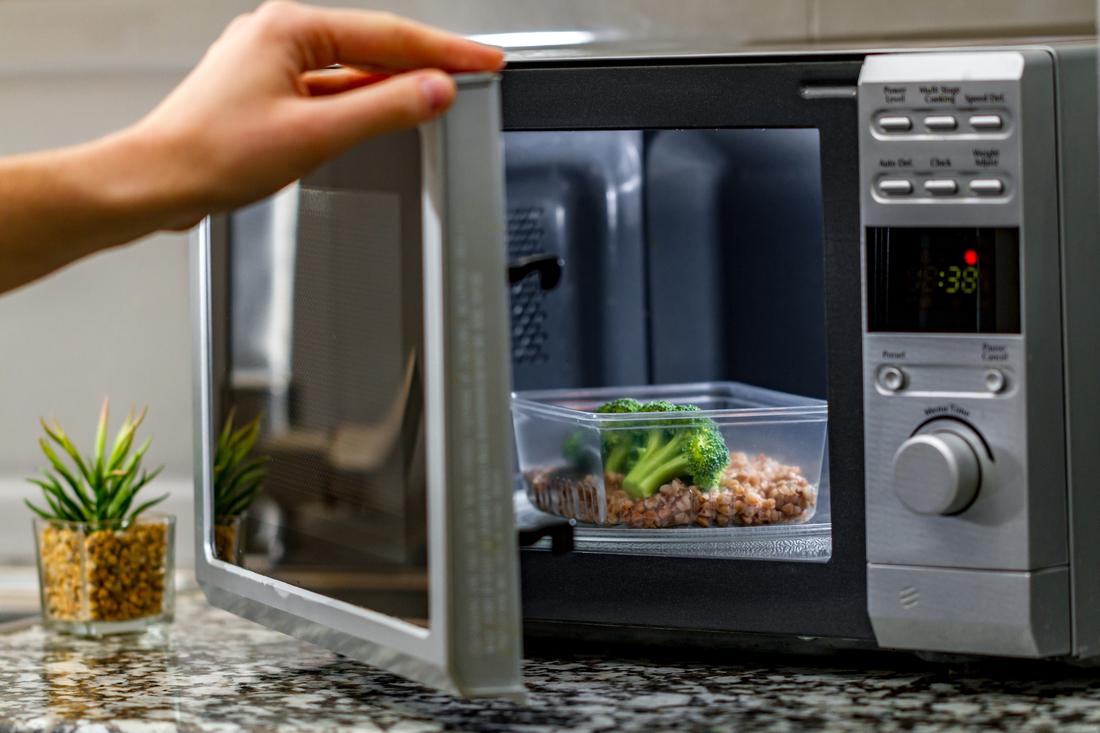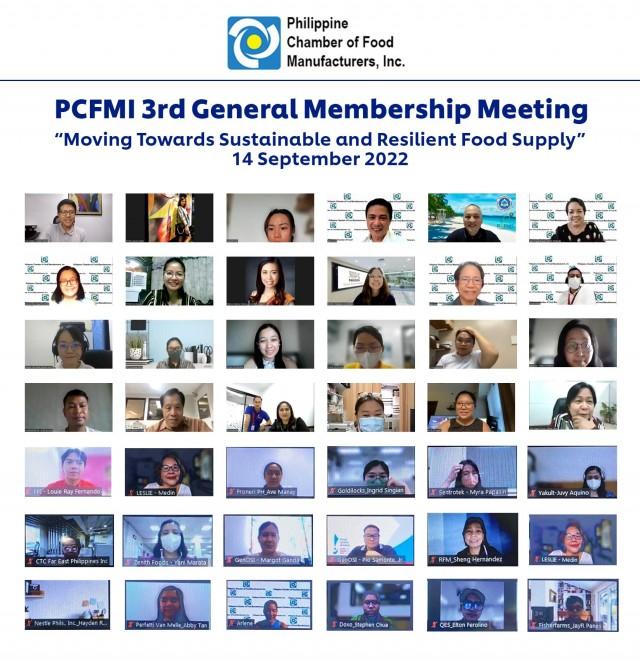Effective plastic use and management towards a sustainable food future

Food industry tackles plastic waste challenge in GMM
Plastics fulfil the two primary functions of food packaging: to protect the product and its shelf life, thereby reducing food waste, and for consumer experience. This material is amongst the most resource-efficient materials for food products, as they can be made into numerous shapes and sizes to protect, preserve, carry, and safely deliver food products. And as the world draws its attention to a looming food and environmental crisis, plastic’s role in these issues is also central to humanity’s future.

Anchored on the theme “Moving Towards a Sustainable and Resilient Food Supply,” the Philippine Food Chamber of Food Manufacturers, Inc. (PCFMI) gathered over 60 participants from 40 member companies to discuss the latest information on plastics regulation across Southeast Asia with the intent to plan for a sustainable food future.
Experts share views on plastics issue in the region, PH
The impact of mismanaged plastic waste has escalated globally and has been the subject of criticism of scientists, activists, and governments.
“Food sustainability, environmental degradation, and plastic waste are visibly interlinked, and the private sector has a pivotal role to play in the development of programs and policies to tackle these,” shared Ed Sunico, Unilever Philippines Communication and Corporate Affairs Head and Chair of PCFMI’s Sustainable Food Supply Committee Chair.
PCMFI invited experts from across the industry to help members ground the multifaceted problem: Mr. Justin Ng Jun Jie, Regulatory Affairs Executive and Ms. Isabelle Soh, Regional Policy Analyst of Food Industry Asia (FIA), Atty. Denya Gracia “Deegee” J. Uy-Anastacio, PCFMI Legislative Committee Priority Topic Lead & Assistant Vice-President Public Affairs, Nestle Phils. Inc., and National Solid Waste Management Commission (NSWMC) Commissioner and Co-Convener and Founding President Crispian N. Lao, Philippine Alliance for Recycling and Material Sustainability (PARMS).

Plastic use remains widespread across industries and recycling is often promoted as a mid-term solution. In their talk, Ms. Soh and Mr. Jie of the FIA highlighted specific measures that should be introduced to encourage consumers to participate in recycling: adopt refill / reuse packaging, mandate recycling, and appoint more recycling collection points. FIA representatives also pointed out key actions to address plastic waste, including education and engagement of consumers, private sector R&D investment and multi-stakeholder coalitions, and government intervention through waste collection systems and institutionalized sustainable packaging labels.
Atty. Anastacio of PCFMI and Nestle Phils.Inc, was tapped as a resource person to discuss bills from the 18th and 19th Congress on extended producer responsibility, single use plastic regulation, and excise tax on plastic bags. Plastic is a valued resource by the food industry and full understanding of these proposed regulations will allow the private sector to participate and contribute to policy and social programs discussions more meaningfully.
Providing PCMFI members with a deep dive on RA 11898 or Extended Producer Responsibility Act of 2022, Mr. Lao shared salient points of the law, including timings for the development of the implementing rules and regulations. Bringing to light private sector action, Mr. Lao shared the PARMS model which proposes the adoption of a Producer Responsibility Organization outlining multiple benefits including infrastructure investment for new recycling and conversion facilities, creation of jobs, and income generation for the informal waste sector. PARMS and its members are optimistic that the government will view its proposal to form part of the multi-sectoral effort behind EPR.
Experts caution that our actions today to protect and regenerate the environment will determine the future of our food system. At present, plastic continues to be an integral part of food packaging and the challenge at hand are to take steps towards minimizing use, exploring alternatives, and keeping it in the value chain.

“More people around the world are experiencing the impact of irresponsible growth and mismanaged plastic waste. But it is not too late. Many of the member companies of the Food Chamber are working towards packaging innovations as well as sustainability programs and our hope is that from what we’ve learned, we can turn the tide against plastic waste,” shared Tatish Palabyab PCMFI Chair and SVP for Strategic Planning and Corporate Affairs Head of San Miguel Foods, Inc.
This is a sponsored press release from Unilever Philippines, Inc.




